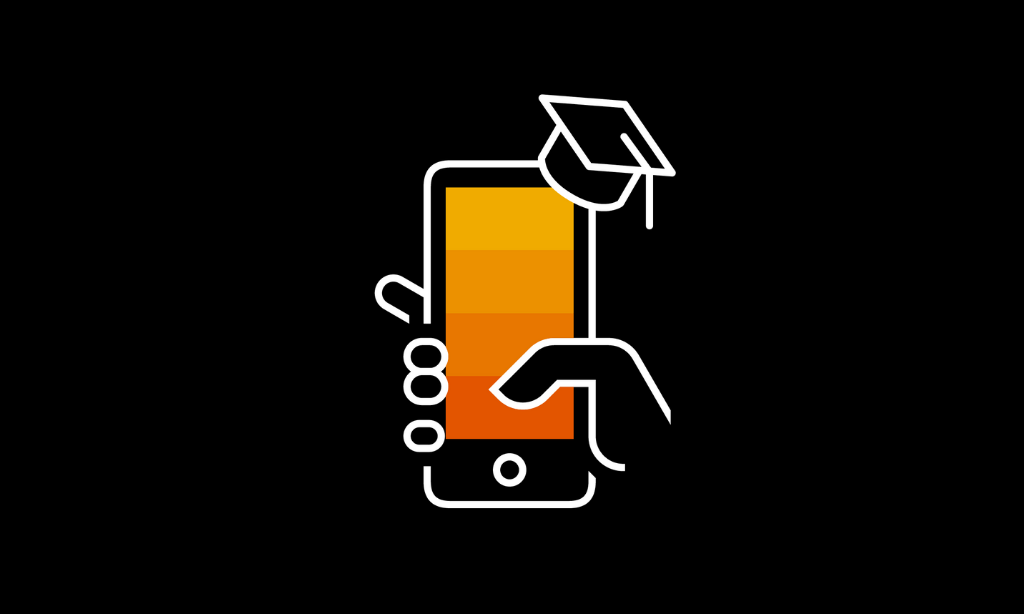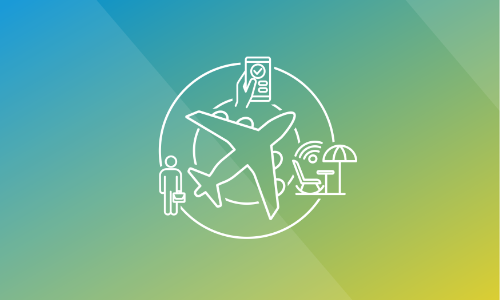Celebrating International Day of Education: What Changes Will Enable Transformation?

As I have dedicated my career so far to Learning & Development, specifically the inclusivity of education and opportunities for minority or underprivileged groups, I felt it only right to address how far we have come in embracing learning as a lifelong, ever-evolving opportunity for growth, not just something that children (in privileged countries and circumstances) are afforded in their early years.
My most humbling experiences whilst being involved in adult education have been involving the retraining of Army veterans, providing second chances to rehabilitated offenders through training, and being a champion for women and girls’ education in male-dominated industries. These experiences taught me a lot about what a privileged upbringing can provide in the way of education and opportunities, but they also highlighted sustainability issues across industries.
To create a sustainable future for all, we have to recognise that education has to evolve from what it once was – a physical location that people attended for a set period of time, and were then graded and graduated, so that they would be able to access jobs to pay the bills.
We need to see learning as much more than a moment in time for the privileged, if education is to become accessible and embraced on a global level.
The theme of this year’s International Day of Education is “Changing Course, Transforming Education,” which provides us with an opportunity to look at education and learning differently, especially after location-based education suffered so badly at the hands of the pandemic. How can we build sustainable structures in our endeavour for lifelong learning? How can our learning practices be at the forefront of digital transformation, rather than frantically adapting when the pressure is on?
Creating content on the future of learning, digital transformation, and sustainability is one way that we at Litmos have contributed to developing immersive, educational resources to support businesses – the working landscape cannot fully embed learning and enable adaptability if they are not arming their staff with the knowledge and tools to do so.
I’ll be spending International Day of Education contemplating this.
How can we be pioneers in the pursuit of education’s sustainable future – at any age, in any location, whenever we reach a crossroads in our lives and careers? We may change course many times (and most likely will). Can education transform with us?





